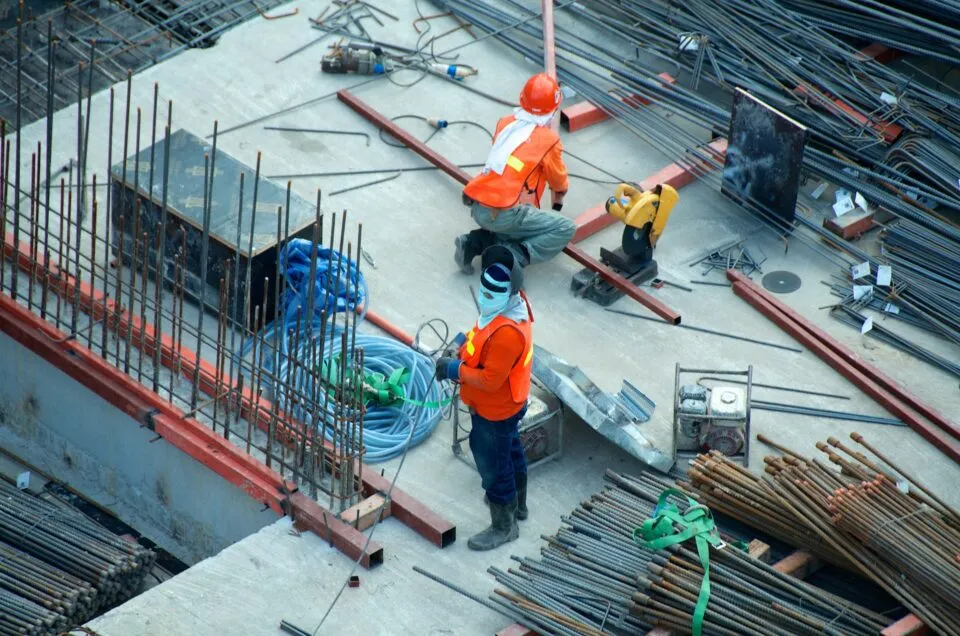Every construction company is looking into practical ways they can save money, but have you ever considered increasing the longevity of supplies and tools that you have? Generally speaking, this is actually something that’s pretty obvious for all business owners in the construction industry, and that goes for carpenters as well. But what are the proper ways to store these construction materials during projects and even outside of major projects (such as surplus?)
While it’s all going to depend heavily based on the materials themselves, here are some helpful tips for proper storage.
Start By Asking the Manufacturer
Generally speaking, you’re going to want to ask the manufacturer of the materials, such as Watson Bowman Acme. It’s really all going to depend on each material you have since the conditions are all going to vary. Most (but not all) materials tend to have similar requirements for care, such as a cool, non-moist, dark area that’s well insulated, such as a warehouse. But when in doubt, reach out to the manufacturer or at least look into guides.
Know the Weight Limits
This is something that new construction and carpenter business owners may not know too much about, but it’s vital to keep in mind. Construction materials are often very heavy. When they are not properly stored, they can break or become damaged.
This can cost a business money and make the materials useless for future projects. Most construction materials come with a dedicated storage weight limit that should be indicated on their outer cover. If this is not adhered to, it can put workers at risk as the materials may easily fall and break if they are stacked too high.
You Can’t Overstack
This is especially a problem is it comes to warehouses filled with construction materials. Handling and storing construction materials can be dangerous. Employees may be injured by lifting materials (manually or with a machine), falling debris, and improperly stacked supplies.
One of the best ways to avoid this entire situation would be to not overstock and try to avoid a surplus in materials if possible. Plus, you should try to schedule material deliveries as close to when they will be needed so they aren’t left exposed to the elements. Ideally, with items that are flammable, you shouldn’t stack more than 6 feet high.
However, if your policy favours a surplus of materials, you should find storage units that can properly house your materials. Whether they’re in your warehouse or at a different location, storing them properly can lead to prolonged shelf lives of materials.
Keep Chemicals Separated
If different construction materials or chemicals are stored together, they can react with each other and cause damage. They can also be a fire risk, which is a huge safety issue for everyone on the job site. This also adds more costs to the project since you’ll have to go back to the store and buy new materials or chemicals to replace the ones that were lost.
It’s just asking for trouble having some of these chemicals together, so try to keep them far apart for safety, especially in closed spaces.
Always Keep the Weather in Mind
Whether it’s indoors or outdoors, you’re always going to need to keep the weather in mind. This also includes temperatures, as this can affect the moisture levels for indoor spaces too. High temperatures and humidity can hurt the quality of most construction materials.
If you are particularly keen to keep items safe from the elements, you can always use storage units. These are a great option for all kinds of things you might want to store, and you’ll find that you are going to have a much better chance of keeping everything as dry as possible. It’s a simple solution that will likely work very well.
For example, lumber can absorb moisture that will rot the material. To avoid this, you should not place the lumber directly on bare ground. When possible, cover up items with tarps, especially during the cold and moist times of the year.
